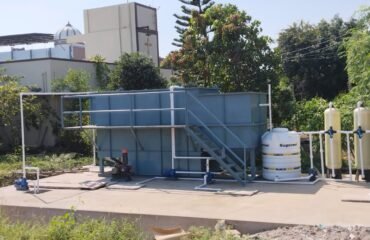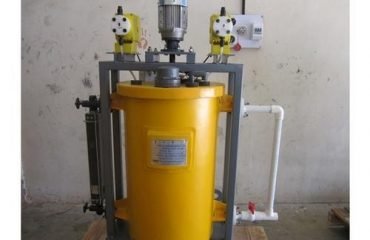Fostering Sustainability in the Capital City
Delhi, the bustling capital of India, is a vibrant metropolis with a diverse and ever-growing population. With urbanization and industrialization at its peak, the efficient management of wastewater has become a paramount concern. In this article, we delve into the vital roles of Effluent Treatment Plants (ETP), Sewage Treatment Plants (STP), and Wastewater Treatment Plants in Delhi, elucidating how they are instrumental in promoting sustainability and safeguarding the environment.
The Crucial Role of Effluent Treatment Plants
Managing Industrial Wastewater
Effluent Treatment Plants play a pivotal role in Delhi’s industrial landscape. They are responsible for treating and purifying the wastewater generated by a multitude of industrial processes, including manufacturing, chemicals, textiles, and more.
Pollution Control and Regulatory Compliance
These treatment plants are the guardians of pollution control in the city. They ensure that effluents released into the environment comply with stringent regulatory standards set by local and national authorities. This is indispensable for preserving the environment and preventing legal repercussions for industries.
Water Resource Conservation
Effluent Treatment Plants are engineered to treat wastewater to a level where it can be safely discharged into the environment or even reused within industries. This not only diminishes the environmental footprint but also conserves water resources, an issue of great significance in a city prone to water scarcity.
The Significance of Sewage Treatment Plants
Managing Urban Wastewater
With Delhi’s ever-expanding urban population, the effective management of urban wastewater has become imperative. Sewage Treatment Plants are indispensable for treating the wastewater generated by residential and commercial areas in the city. These plants guarantee that the treated water released into the environment is safe and free from contaminants.
Public Health and Environmental Preservation
Sewage Treatment Plants are fundamental to safeguarding public health. By effectively treating sewage, they prevent the spread of waterborne diseases and ensure that water bodies in and around Delhi remain safe for various purposes, including recreation and agriculture.
Sustainable Urban Growth
Functional Sewage Treatment Plants are integral to urban planning, allowing the city to grow sustainably without compromising the environment or the well-being of its residents.
Wastewater Treatment Plants: A Holistic Approach
Comprehensive Wastewater Solutions
Wastewater Treatment Plants in Delhi encompass both Effluent Treatment Plants and Sewage Treatment Plants, offering a holistic approach to wastewater management. These facilities address the diverse sources of wastewater in the city, catering to both industrial and urban needs.
Commitment to Environmental Responsibility
The efficiency of wastewater treatment plants mirrors Delhi’s commitment to environmental responsibility. Well-designed Wastewater Treatment Plants signify the city’s dedication to sustainability and environmental preservation.
Paving the Way for a Sustainable Future
By effectively treating and managing wastewater, Delhi is not only securing its present but also building a sustainable future. Treated water can be used for irrigation, industrial processes, and even for replenishing groundwater, contributing to long-term sustainability.
The Path Ahead
As Delhi continues to grow and assert its position as the capital city, the demand for efficient wastewater treatment solutions will only intensify. Collaborative efforts from both the public and private sectors are essential to meet these demands and ensure a cleaner, healthier, and more sustainable future for the capital of India.
Conclusion
Effluent Treatment Plants, Sewage Treatment Plants, and Wastewater Treatment Plants in Delhi are the unsung heroes working diligently to protect the environment and public health. Their role in ensuring compliance with stringent environmental regulations, reducing pollution, and conserving water resources is invaluable. These facilities are not just a reflection of Delhi’s commitment to sustainability; they are the driving force behind it. With their continued dedication, Delhi is well-prepared to address the challenges of urbanization and industrial expansion while safeguarding its environment and resources for generations to come.




